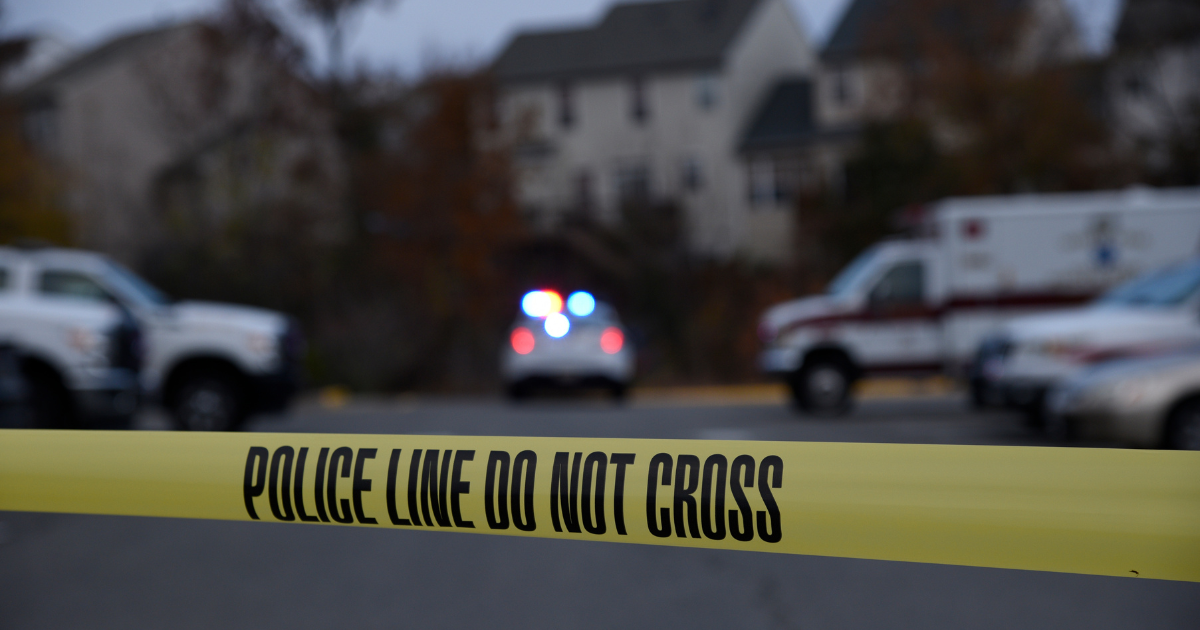Preparation is Key to Helping Your Community Navigate Collective Grief
Two Deep South communities are still reeling from separate, yet equally devastating, October tragedies. In the early morning hours of Friday, October 10, a massive explosion leveled a munitions plant in McEwen, Tennessee, taking the lives of 16 employees. Later that day, a high school homecoming celebration in Leland, Mississippi turned deadly, as six people ranging in age from 18 to 41 were shot and killed.
These are the types of communities in which the saying “everyone knows everyone” rings absolutely true. McEwen has a population of just more than 1,700, and Leland is only slightly larger with about 3,600 people. A loss of 16 or 6 souls in one day in these towns can impact every resident; even if someone didn’t personally know a victim, they share in the grief of those who did.
“We have lost so many lifelong friends,” wrote one McEwen resident, who, according to The New York Times, was also a part-time employee at the explosives plant. “All their faces keep running through my head.”
A different kind of grief?
Community grief, or collective grief, happens when a society, group, or nation all experience extreme or sudden loss. It can occur after natural disasters like floods or tornadoes, during war, or, in these cases, a mass casualty accident or human-instigated violence. Collective grief isn’t limited to small towns like McEwen or Leland, either; people all over the country are praying for the families who lost loved ones this weekend. However, the residents of these communities are the hardest hit, and they’re the ones who will be left suffering the consequences long after their tragedy slips from the national headlines.
Although collective grief is unique, it is not completely different from the personal grief a person goes through after the death of a loved one. This grief can occur in the same stages — denial, anger, acceptance, etc. — but on a much larger scale. Therefore, the services that deathcare professionals offer to individuals and families at their times of need are still just as relevant and needed when a community-wide loss occurs.
How you can help
“This type of an event is absolutely devastating to any community,” says Bob Arrington, a well-respected deathcare professional whose Jackson, Tennessee funeral home is located just an hour from the devastated town of McEwen. “Funeral professionals have a lot to offer in many fields dependent on someone requesting the needs.
In the aftermath of a traumatic community event, many people find comfort in being with others who most likely understand the feelings they’re experiencing. As a deathcare professional, you can leverage your leadership skills and provide assistance by coordinating a public memorial service or vigil and relieving the burden of logistics from victims’ families and authorities.
You could also offer your funeral home or chapel as a safe, communal space where members of the community can come together to mourn, alleviating the isolation they might feel if they were mourning their losses alone. And when the time is right, you can leverage your expertise in aftercare by connecting community members to appropriate grief resources, hosting grief support groups, or leading educational workshops.
Of course, this assistance can be offered in addition to the ways your community and individual families will need your hands-on and immediate professional deathcare expertise. You may be called upon to set up and man a temporary morgue, for example, or to restore the dignity of a deceased victim whose body has been marred by a violent act.
Preparation is key
Although no one wants to think that a mass casualty event will ever impact their own community, Arrington recommends that every deathcare establishment and professional be prepared ahead of time.
“I feel the best action funeral professionals can take is before an event happens,” Arrington says. “Be prepared and have a plan you can pull off the shelf, whether it be prepared and coordinated through the state associations, regions or districts. That way the projected physical support, grief support, etc. is roughed out and all it needs is fine tuning for the circumstance. In this case, we are dependent upon the unknowns and it becomes reactionary.”




